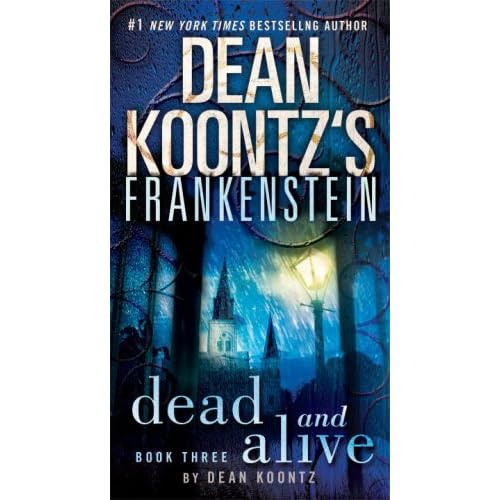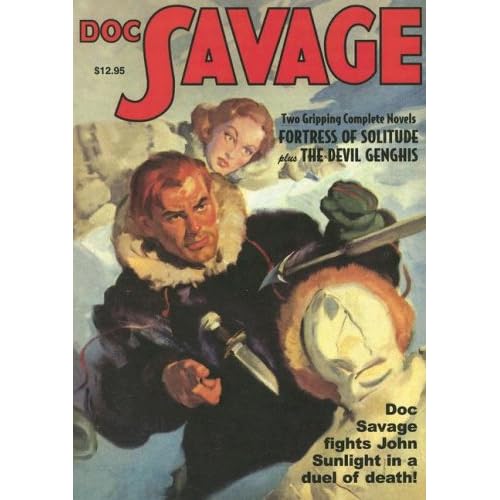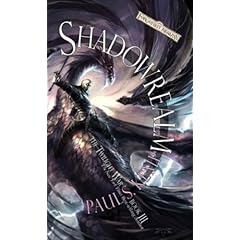Let's start off with
Planet Stories line with one
Elak of Atlantis by Henry Kuttner.
"Lycon stirred and writhed in his arms. "More grog!" he muttered. "Oh gods! Is there no more grog?" A maudlin tear fell hotly on Elak's neck, and the latter for a moment entertained the not unpleasant idea of dropping Lycon and leaving him for the irate guards. (p. 80)
"What will you pay?"
"A thousand golden pieces."
"Fifty thousand cups of mead," Lycon murmered sleepily. "Accept it, Elak. I'll await you here." (p. 83)
"I won't kill you qucikly," said Lycon, a fierce grin of satisfaction on his round face. "No. I've suffered your insults too long. I must bring an offering each day to the altar of your stinking god, eh? An ear for that!"
"He brought down his sword in a vicious sweep.
"Good! Now your nose, Xandar- you've sniffed out too many victims with it already. Thus-" Again steel flashed.
"And an eye, Xander - see? I remove it with the point. Very carefully. For a copper coin I'd make you eat it."
"Drunker little fool, " Elak said, coming over to the table. "Leave the roasted pig alone. It won't be fit to eat after you've finished carving it." (p. 99)
Now in the same line of books, let's go to Leigh Brackett's
The Sword of Rhiannon."He gives them a secret worth a kingdom!" wailed Boghaz. "I have been robbed!" (p 110).
The fat Valkisian seemed genuinely affected. There were tears in his eyes as he looked at Carse.
"Yes, like my own brother, " he repeated unsteadily. "Like brothers, we have quarreled but we have shed blood together too. A man does not forget."
He drew a long sigh. "I should like to have something of yours to keep by me, friend. Some small trinket for memory's sake. Your jeweled collar, perhaps your belt you will not miss them now and I should cherish them all the days of my life."
He wiped a tear away and Carse took him not too gently by the throat. ( p. 119)
The Valkisian closed his eyes. "I am tempted," he murmered. "As a craftsman, as an artist, I would like to see the flowering of this beautiful deceit." p. 120.
In looking at henchmen or the
loyal sidekick, there have been many throughout the years of fiction, both fantasy and more historical. One of the more well known uses of such a character may be the red headed
Moonglum or indeed, any of the companions (Eternal Companions) of the writer Moorcock's themed Eternal Champion characters, like Elric.
In some game systems, the henchman is some one brought into focus by the character's charisma or power of personality. The loyalty to the character is determined not only through that personality, but by other factors like alignment and how the non-player character is treated by the player.
But in new editions, the idea hasn't taken a lot of root. It's an artifact of the old editions.
How would you use henchmen in today's game?
1. Used to provide the players friends and allies in various ports that they stop in. The characters get a chance to talk big of their old friends, show them off, and provide future plot lines for the characters as they move along the locations.
2. Used in a game missing some players. So you've only got three players and the scenario is really designed for four or more? Break out some loyal characters to the players. That paladin of Torm whose always been about healing the sick and donating his funds to the church? It's touched a priest, a cleric of Torm, who has sought out the paladin to learn his ways and spread that strength of faith to other lands.
3. Used in a game to betray the players. Yeah, you know that one was coming. Sometimes it could be a magical construct or duplicate that only looks like the loyal sidekick. Othertimes, if the players treat their henchement poorly or don't acknowledge them at all, then let the dice fall where they may. Note, the GM should provide some warning in the latter case. In some casual games, the players may not expect that they have to 'babysit' the NPC character whose show such personality in the past.
4. Used as a source of information/entertainment. Sometimes the party may be wandering off the tracks and an NPC can ask, "Is this really the way we're going?" Other times the GM may want to lighten the mood of the campaign with NPC's with lines those those found above.
5. Take that final blow! It's an old cliche, but if the players are down to the last chips and are getting ready to be killed, it never hurts to have the NPC bite the dust instead. That last blow that would have finished off the player now turns into a fatal blow against a loyal friend. In 4e, you might want to make it even more dramatic and rule that the player can spend a healing surge in his horror and anger to avenge his long time friend.
Henchemen can be useful for all sorts of roles and if the players and GM are comfortable with them, these old style parts of older editions, should not be left on the stepping stone.








